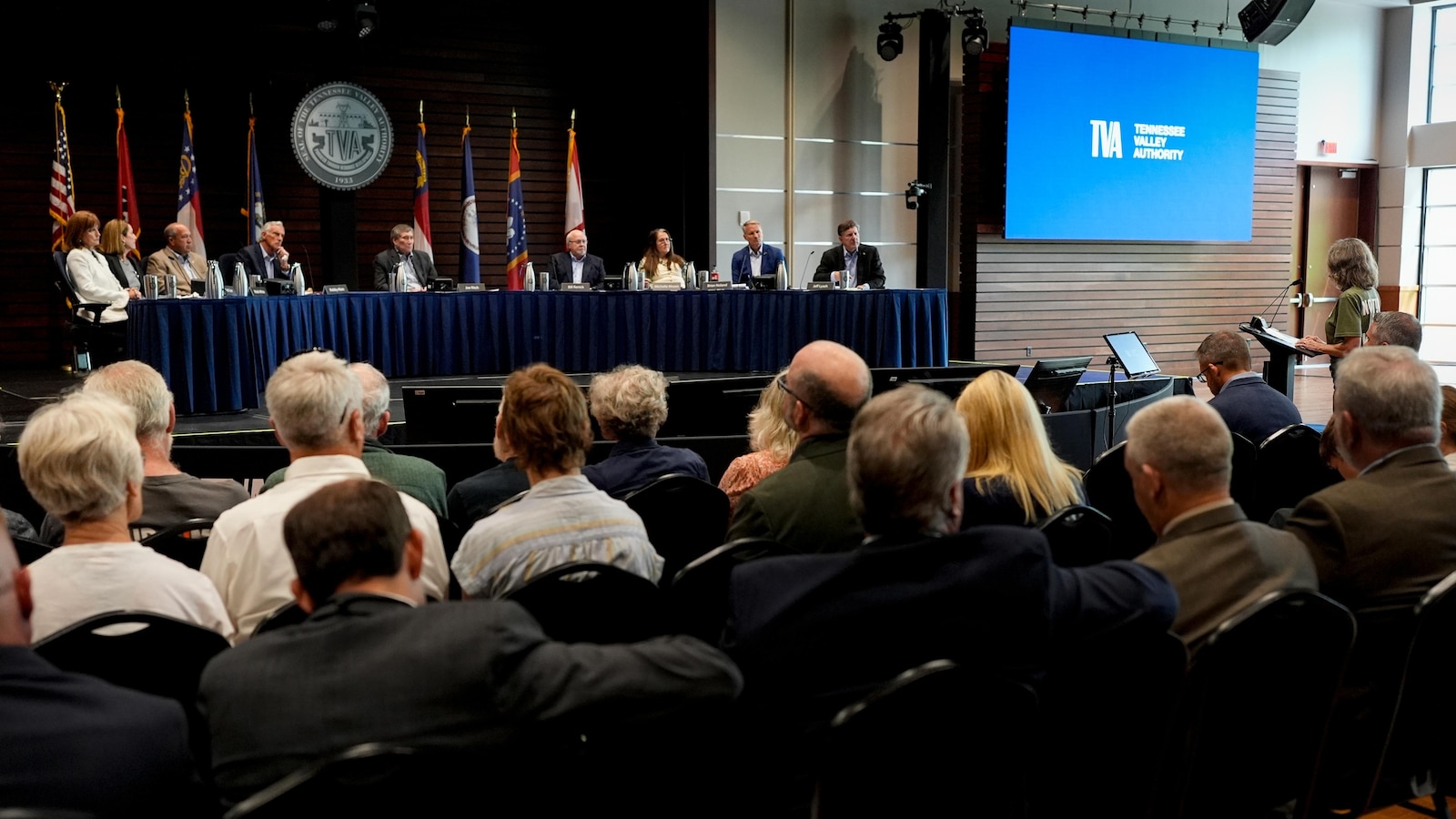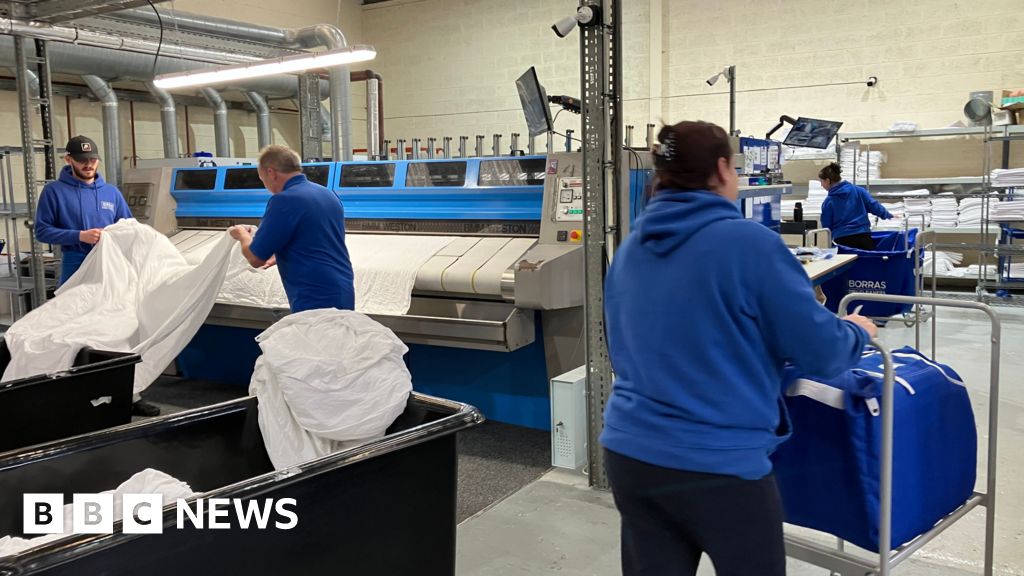
Banks aim to reverse crunch appeal court victory for car buyers
British lenders are heading to the supreme court this week as they try to overturn a ruling that has propelled the car finance scandal to new heights, triggering government intervention and prompting fears of a £44bn compensation bill.
Two specialist lenders, Close Brothers and FirstRand, are challenging three consumers who collectively won a court of appeal case in October. That ruling said that failing to disclose plainly to consumers the amount of commission paid to dealers, and get their informed consent, was unlawful.
The decision sent shockwaves through an industry already spooked by the potential fallout of a much smaller car loans investigation launched by the Financial Conduct Authority (FCA) last January.
The high-profile case is due to run for three days from Tuesday in front of judges including the supreme court president, Lord Reed, in London. Depending on the final ruling, it could have significant implications for both the financial services industry and inbound UK investment.
Roughly 90% of new cars, and a growing number of used vehicles, are bought with the help of motor loans, many doled out through car dealers.
While the ruling was in reference to car loans, there are fears that it could encompass a range of financial products that are sold on commission, including insurance, resulting in a massive compensation bill that analysts have been loath to estimate.
The car loans scandal alone is projected to cost lenders, including Santander UK, Close Brothers, Barclays and Lloyds, a collective £44bn, according to some analysts. That would nearly rival the payment protection insurance (PPI) saga, which cost banks £50bn.
The Financing & Leasing Association, which represents car lenders, has been warning the government that a massive bill could end up disrupting the market, forcing some lenders to shut up shop, offer fewer loans or raise interest rates.
Concerns over the potential bill prompted a controversial intervention by the chancellor, Rachel Reeves. The Treasury wrote to judges in January, urging them to avoid handing “windfall” compensation to borrowers, and warning that the case could “cause considerable economic harm”.
Reeves later denied caving in to lobbying by the financial sector or working against consumer interests.
While her intervention was ultimately rejected, executives from the wider financial sector – including JP Morgan’s Chase UK and the retirement fund provider Phoenix – have said that the scandal has dampened foreign appetite for British shares.
Executives argued that the situation could scare off investors wary of putting money into UK businesses that could face billions in costs on the basis of a ruling by a regulator or court in future. That could compound existing panic about the future of the London stock market, they claim.
The Treasury seems to have already heard the message, warning in its letter that the case might “generate a perception that regulation in the UK is uncertain”.
That has put further pressure on the FCA to provide extra guidance to lenders. It plans to confirm within six weeks of the supreme court’s decision if it will be proposing a customer compensation scheme and, if so, how it will take this forward.
If the scheme floated by the FCA goes ahead, lenders are likely to have to proactively contact all borrowers who meet the mis-selling criteria and offer compensation – dealing a blow to claims management firms.
As it stands, lenders are already steeling themselves for the fallout.
Close Brothers, which is the most exposed to motor finance among its peers, with about 20% of its portfolio dedicated to car loans, has put aside £165m, cancelled dividends and plans to sell off its asset management business to strengthen its finances.
Lloyds, the largest provider of motor loans through its Black Horse division, had already put aside a total of £1.2bn for potential compensation, with its latest provision contributing to a 20% drop in annual profits.
Santander UK has allocated £295m, prompting frustration at the top of the Spanish-owned bank, which is said to be considering a potential sale of its retail business.
With memories of PPI – Britain’s costliest ever consumer scandal – still fresh for many banking executives, events at the supreme court will be closely watched.










